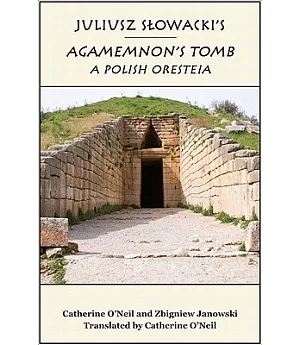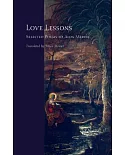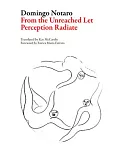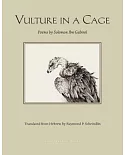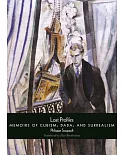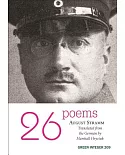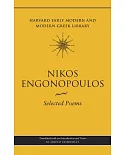"The importance of Juliusz Slowacki (1809-1849) as Poland's second greatest Romantic poet, after Adam Mickiewicz (1798-1856), is a platitude. Yet, in the English-speaking world, Slowacki
receives little more than honorable mention even among students of Slavic literature. The intention of the authors of Agamemnon's Tomb: A Polish Oresteia is to focus on Slowacki's use of
Antiquity in his most famous lyric, Agamemnon's Tomb, written in 1839 Since Antiquity is an essential part of the fabric of Romantic poetry, of all works of Polish Romanticism, Agamemnon's Tomb
fits best into the larger framework of European Romanticism. It is grounded in the ancient and therefore universal language of the epoch probably more than any other European Romantic poem. "If
I am a poet, the air of Greece has made me one," Lord Byron once remarked. What is true of Byron is equally true of Slowacki and his literary output, where antique themes and elements flow like
a torrent through virtually all his works. What makes Agamemnon's Tomb unique, however, even when compared to the British or German Romantic literature, so saturated with ancient themes, is
that it harnesses Antiquity as an interpretative mirror for Slowacki's understanding of the history of Poland and the Polish national character. This is the first book in English that offers
the American reader a chance to encounter one of Poland's greatest poets and a work of European Romanticism at its best. It provides the Polish text with the first new full translation of the
text and a stanza-by-stanza commentary that emphasizes Slowacki's debt to Greek and Roman authors"--

